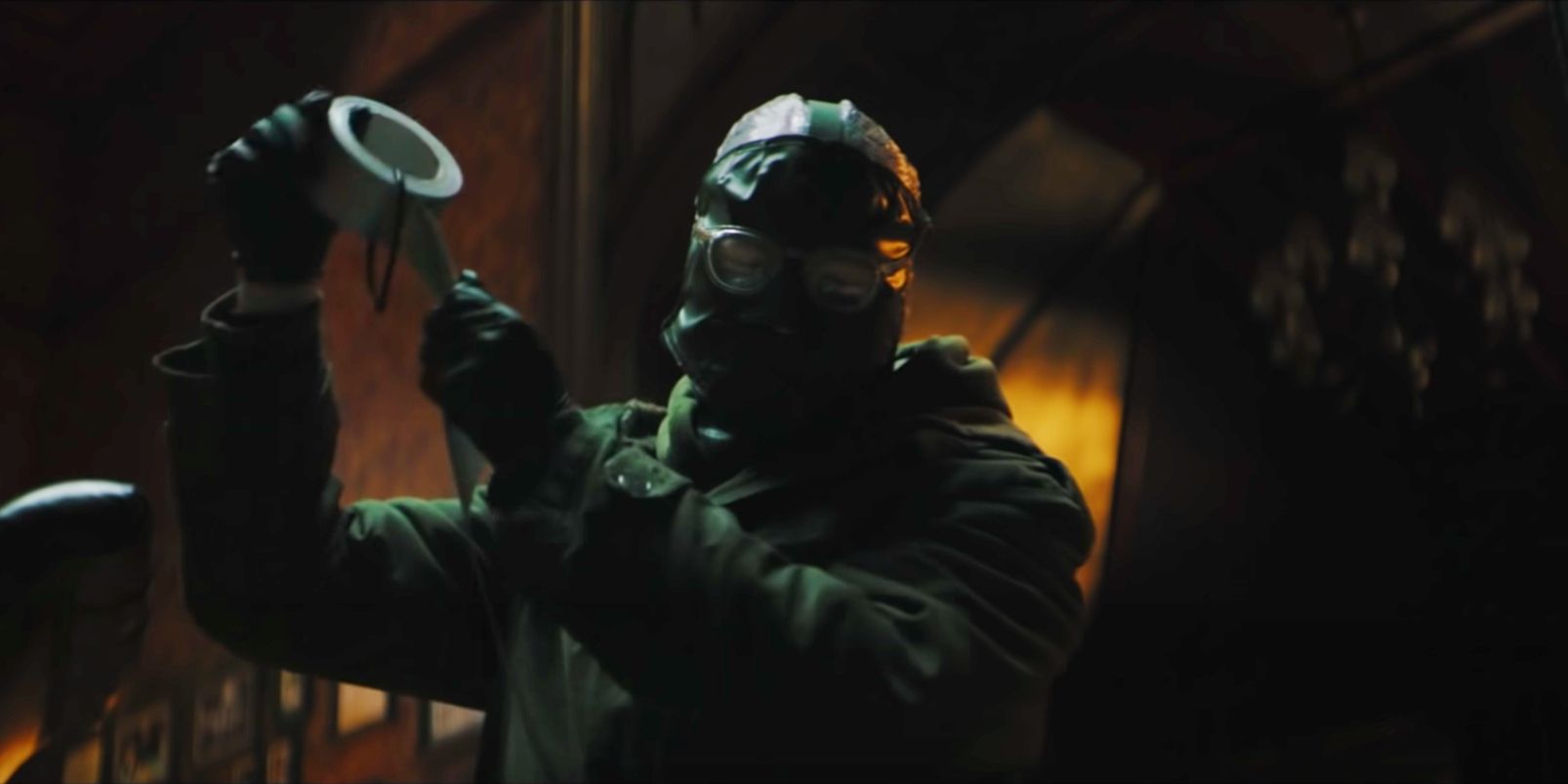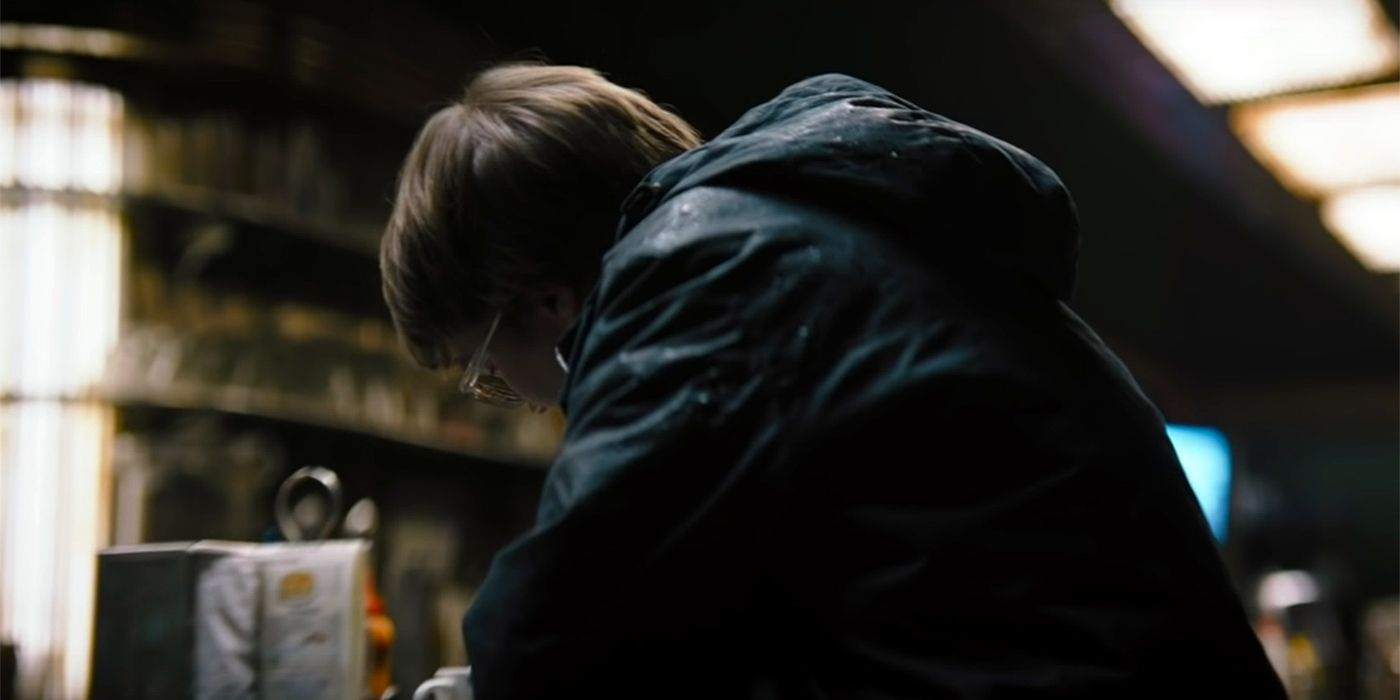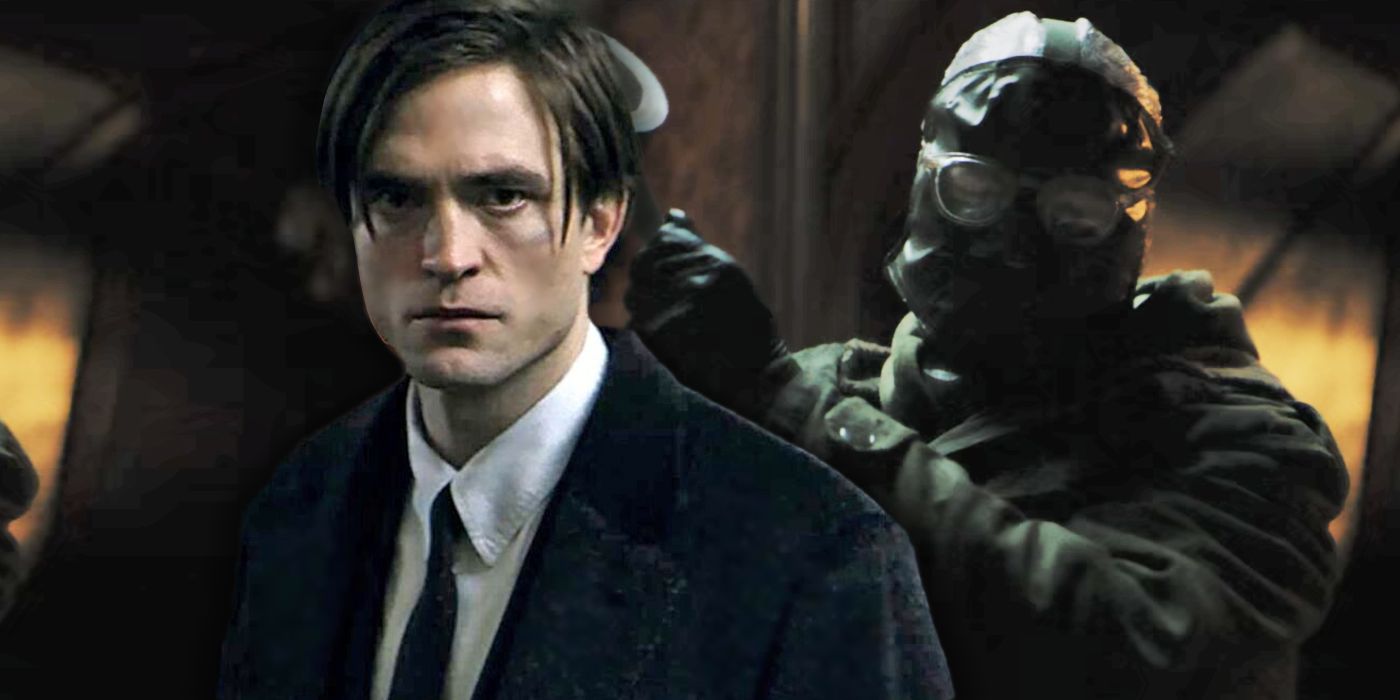WARNING: The following contains major spoilers for Before the Batman: An Original Movie Novel, on sale now.
One of the most intriguing things about 2019's Joker was how sympathetic director Todd Phillips made the villain. It helped that Joaquin Phoenix delivered a tour-de-force performance, culminating in a Best Actor Oscar, after it felt like society had pummeled Arthur to the point he had to break to send a statement.
However, as crushing as the beginning was for that Clown Prince of Crime, the prequel novel from David Lewman to Matt Reeves' The Batman confirms Riddler's origin is even more heartbreaking.
Now, this isn't to knock Arthur's descent from despair into madness, but it felt like he was willingly picking fights when he could have walked away. He didn't need to kill people such as Randall or his mom Penny in the hospital. And he certainly didn't need to go on Murray's talk-show and shoot him dead on live TV.
Despite all these transgressions, fans showed compassion because he was beaten on the subway by privileged folks, not to mention he hated how the corrupt and elite spat on the lower classes and mentally ill people. But ultimately, Arthur wasn't shoved down this Joker path, he chose it.
In Before the Batman: An Original Movie Novel, a somewhat similar approach is taken with young Edward Nashton. At six years old, he and other orphans were brought into Wayne Manor, which became an orphanage. It was the embodiment of narcissism, though, because while Thomas moved Martha and Bruce into his tower in the city, he kept relics up to remind the kids who their lords and saviors were. Edward hated seeing the painting of the Waynes looking down on them, which shaped an opportunistic, capitalist story.
The theme is best evidenced by Thomas using the orphans to sing and fete him at an event announcing his run for mayor, essentially reducing the children to a photo op. These actions influenced the orphans, who viewed aspirational kids or those that got sent money from families, as wannabe Waynes, cultivating a toxic atmosphere. Basically, the insecurities kept drowning the children, to the point Edward was bullied for years. And no matter what, he couldn't escape the alienation, because as long as he existed in the shadow of the Waynes, bullies would forever be angry and dismissive of the "have-nots."
When Edward got older and tried to run from this life, the elites continued to poison his world. He studied hard to become a forensic accountant, but still struggled to make ends meet. He resorted to puzzles, his only comfort since childhood, but as much as he tried to be reclusive, society would find and poke him. It showed when rich, street-racing kids almost ran him over when he delivered food with his bike. Edward's response was to sabotage a vehicle. Violence was his way of getting back at them, which eventually evolved to him burning down the mansion.
Wayne Manor was a symbol of oppression and ego, which Edward believed contributed to Gotham's broken system that bred sad kids like him, spurred on by vicious cycles of bullying. Admittedly, Joker's Arthur suffered abuse as a youth, but he ignored the choices provided to break free. In Edward's case, he never had freedom or agency, and sadly Gotham kept entrapping him at all turns. It's why, as a forensic accountant, he learned secrets to punish the city, becoming the Riddler to undo the trauma of his childhood and the pittance the Waynes showed in what was a superficial vanity project.
The Batman hits theaters on March 4 before making its way to HBO Max on April 19.



